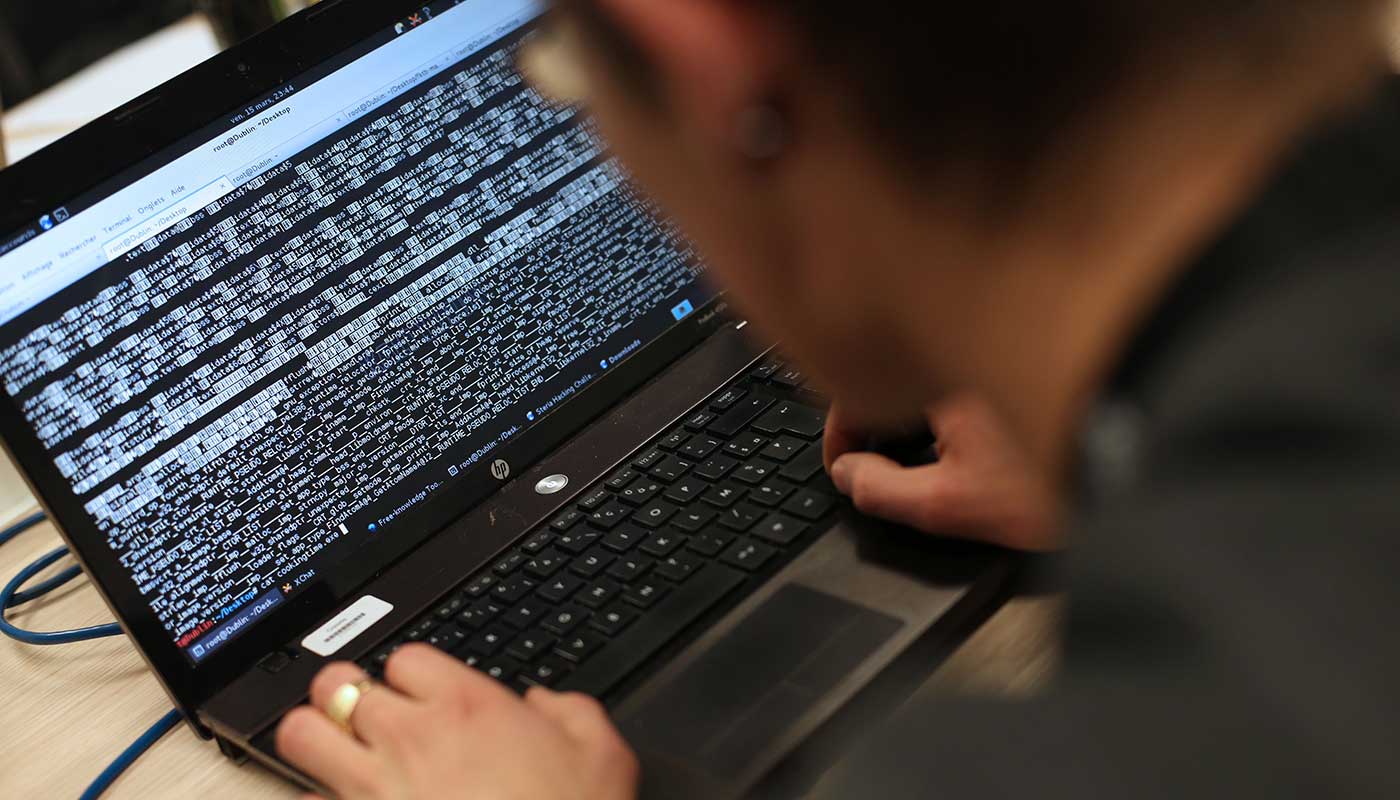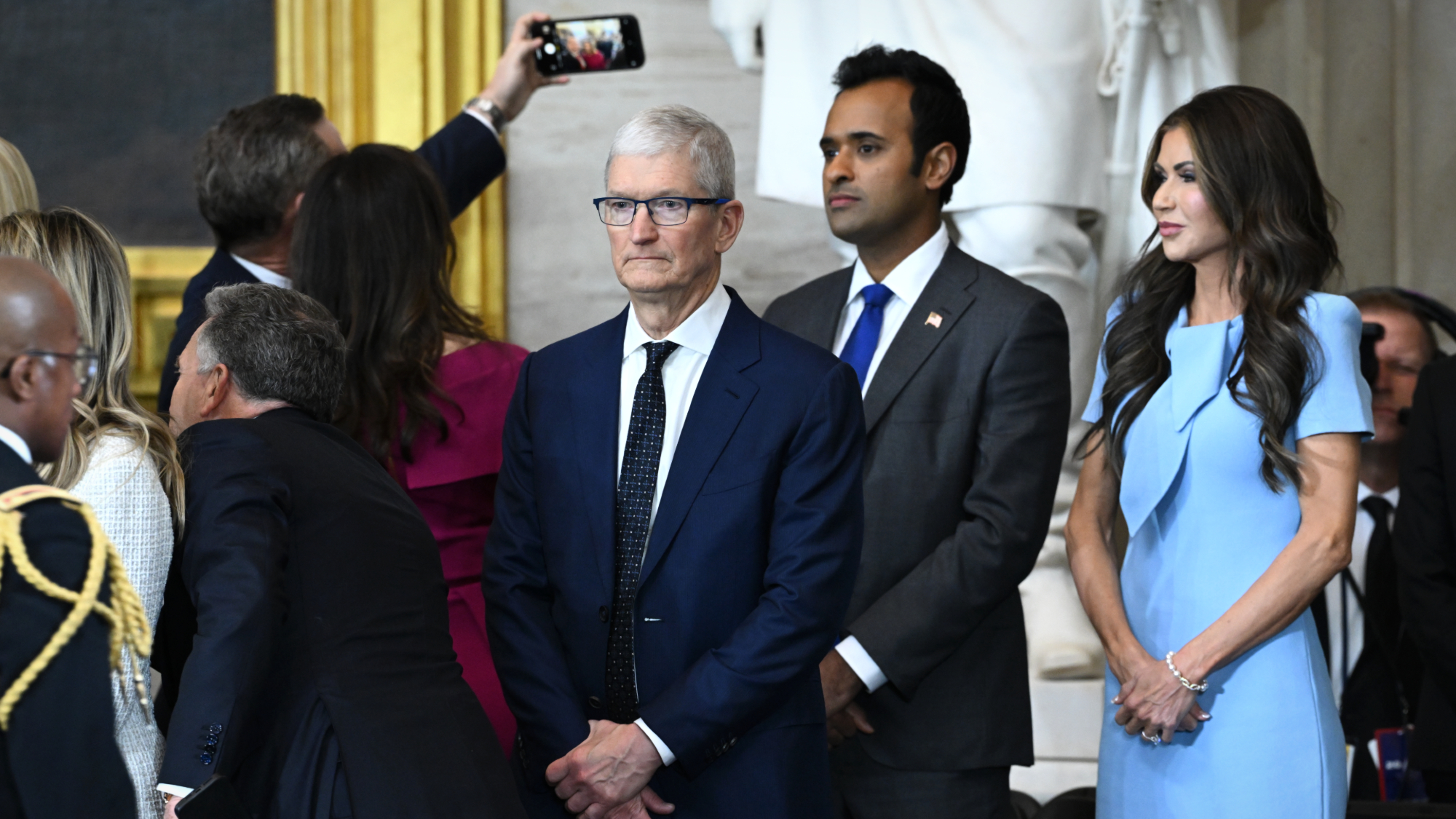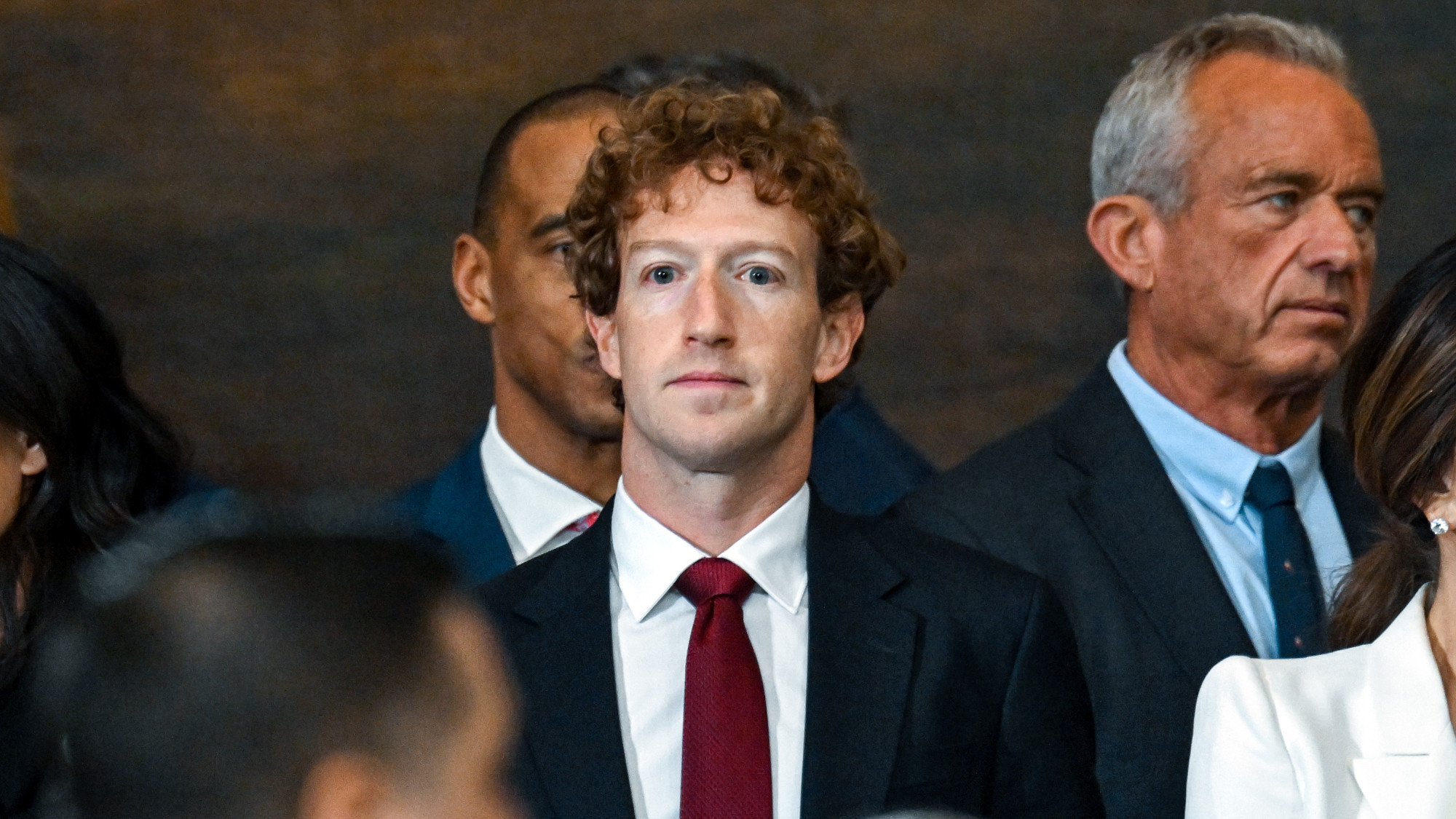Russian hackers again targeting US election, Microsoft warns
Tech giant claims Kremlin-backed group is trying to infiltrate Donald Trump and Joe Biden campaigns

A free daily email with the biggest news stories of the day – and the best features from TheWeek.com
You are now subscribed
Your newsletter sign-up was successful
Russian military hackers who leaked Democratic Party emails during the 2016 US presidential election are up to their old tricks ahead of this year’s vote, according to Microsoft.
The tech giant says that Strontium, a Kremlin-backed hacking group also known as Fancy Bear, “has attacked more than 200 organisations including political campaigns, advocacy groups, parties and political consultants” involved in the campaigns of Donald Trump and his Democratic challenger Joe Biden.
“The majority of these attacks were detected and stopped,” said Tom Burt, a Microsoft vice-president in charge of customer security and trust, in a blogpost that claims hackers from China and Iran are also attempting to derail the campaigns.
The Week
Escape your echo chamber. Get the facts behind the news, plus analysis from multiple perspectives.

Sign up for The Week's Free Newsletters
From our morning news briefing to a weekly Good News Newsletter, get the best of The Week delivered directly to your inbox.
From our morning news briefing to a weekly Good News Newsletter, get the best of The Week delivered directly to your inbox.
The Washington-based multinational made no mention of “which foreign adversary poses the greater threat to the integrity of the November presidential election”, says The Guardian, but “the consensus among cybersecurity experts is that Russian interference is the gravest”.
Burt’s blogpost says that “similar to what we observed in 2016, Strontium is launching campaigns to harvest people’s log-in credentials or compromise their accounts, presumably to aid in intelligence gathering or disruption operations”.
The Times reports that the Biden campaign was “alerted to the threat when Microsoft contacted SKDKnickerbocker, a strategy company that advises the Democratic challenger, to say it had been under attack for the past two months”.
A spokesperson for the Trump campaign said the cybersecurity threats were being taken “very seriously”, adding: “We are a large target, so it is not surprising to see malicious activity directed at the campaign or our staff. We work closely with our partners, Microsoft and others, to mitigate these threats.”
A free daily email with the biggest news stories of the day – and the best features from TheWeek.com
Meanwhile, a Kremlin spokesperson dismissed the allegations as “nonsense”. Moscow has repeatedly denied using hacking to interfere in elections in countries across the world.
-
 How the FCC’s ‘equal time’ rule works
How the FCC’s ‘equal time’ rule worksIn the Spotlight The law is at the heart of the Colbert-CBS conflict
-
 What is the endgame in the DHS shutdown?
What is the endgame in the DHS shutdown?Today’s Big Question Democrats want to rein in ICE’s immigration crackdown
-
 ‘Poor time management isn’t just an inconvenience’
‘Poor time management isn’t just an inconvenience’Instant Opinion Opinion, comment and editorials of the day
-
 Why Trump pardoned crypto criminal Changpeng Zhao
Why Trump pardoned crypto criminal Changpeng ZhaoIn the Spotlight Binance founder’s tactical pardon shows recklessness is rewarded by the Trump White House
-
 Who are the new-wave hackers bringing the world to a halt?
Who are the new-wave hackers bringing the world to a halt?The Explainer Individual groups and nations are beginning to form concerning partnerships with new ways to commit cybercrime
-
 Trump allies reportedly poised to buy TikTok
Trump allies reportedly poised to buy TikTokSpeed Read Under the deal, U.S. companies would own about 80% of the company
-
 The noise of Bitcoin mining is driving Americans crazy
The noise of Bitcoin mining is driving Americans crazyUnder the Radar Constant hum of fans that cool data-centre computers is turning residents against Trump's pro-cryptocurrency agenda
-
 Apple pledges $500B in US spending over 4 years
Apple pledges $500B in US spending over 4 yearsSpeed Read This is a win for Trump, who has pushed to move manufacturing back to the US
-
 What Trump's 'tech bros' want
What Trump's 'tech bros' wantThe Explainer Elon Musk, Mark Zuckerberg and Jeff Bezos had 'prime seats' at the president's inauguration. What are they looking to gain from Trump 2.0?
-
 Big tech's big pivot
Big tech's big pivotOpinion How Silicon Valley's corporate titans learned to love Trump
-
 Will Biden's AI rules keep the genie in the bottle?
Will Biden's AI rules keep the genie in the bottle?Talking Points A new blow in the race for 'geopolitical superiority'